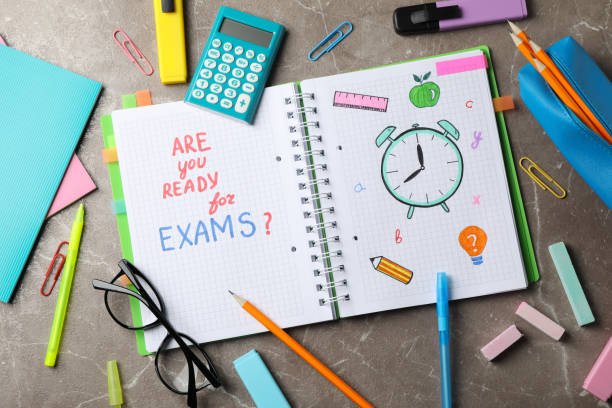Thousands of high school students across the country are currently taking their final exams in what has been another extremely difficult academic year. Due to the pandemic’s sporadic school closures, children have had limited time inside the classroom. There is no doubt that this will present significant challenges for our country’s students as they begin to write exams. At Optimi Classroom, we have been advocating for diagnostic testing to help determine gaps in learners’ knowledge, investment in extra classes, increased parent involvement, and the use of extra supplementary educational material to assist schools across the country in their catch-up efforts.
We can get our children back on track over time and with a concerted effort. In the short term, we can help our children prepare for their upcoming exams by providing them with the following exam tips and advice:
Simply rereading is insufficient.
When it comes to exam preparation, simply rereading material can be an ineffective method. What is more effective is for students to take the time to understand what they are reading and to be prepared to ask themselves questions about their learning content.
In 2010, Henry Roediger of Washington University conducted a study that compared test results of students who reread material to those of another group that wrote questions out and canvassed answers about the material. According to the study, those who answered the questions outperformed those who simply reread the material.
Put yourself to the test
Testing oneself is another effective study strategy for students to use. Learners can have a friend or family member test their knowledge. Making flashcards with questions on one side and answers on the other is an excellent method for accomplishing this. They should also be encouraged to make these quizzes as difficult as possible.
Mistakes can propel you forward.
When students test themselves, they should not be too concerned if they get their answers wrong or spend too much time on their answers. It’s critical to take a step back and assess where the answers went wrong before focusing on improving those areas. This is the essence of education.
Changing things up
It is also recommended to vary the learning approach when using self-testing. Interleaving is a study technique that is becoming more popular in this regard. This entails combining or interleaving multiple subjects or topics to improve learning. For example, during a study session, a student could devote some time to Mathematics before interspersing it with Physical Science. Cycling through these various but interconnected topics in this manner ensures that learners retrieve information and make new connections, thereby improving retention.
Look into it further.
Finally, another effective study technique is to inquire as to how or why things are the way they are. This can help to stimulate elaboration and, as a result, encourage a learner’s brain to form new relationships and connections. This, in turn, has been shown to make learning and remembering things easier. These types of deeper questions also aid in memory improvement.
These are just five pointers to help students stay ahead during this stressful and exciting time. Optimi Classroom wishes every school and learner the best of luck and hopes that they progress to the next stage of their educational journey in the best way possible.








